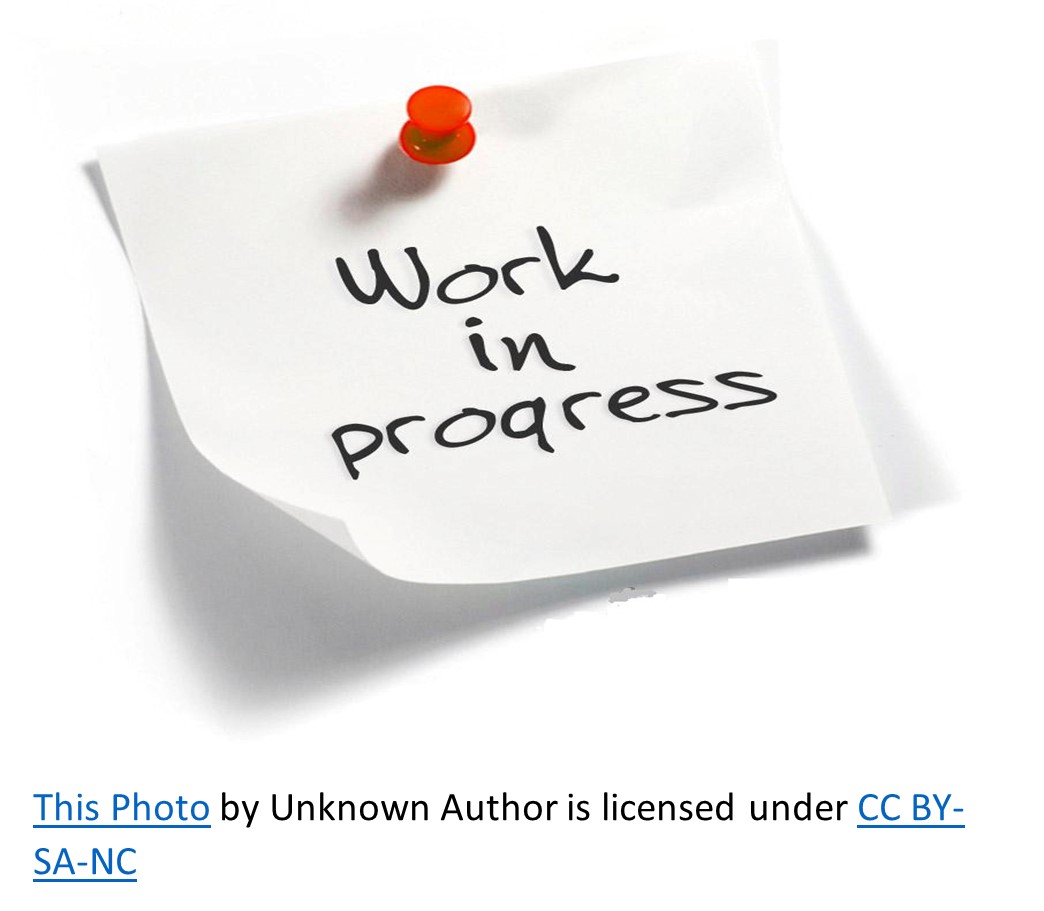FLaG Work in Progress workshop 17th June 11 - 12

- Date
- Friday 17 June 2022, 11 - 12
For this session, Ian Sullivan (School of Sociology/Earth & Environment/Geography, Leeds) and Kaori Katada (Visiting Researcher from Hosei University, Tokyo) will present their work. Across different contexts, both presentations will engage with issues surrounding austerity and neoliberal systems:
How can communities transform energy use towards zero-carbon through social and political action? – Ian Sullivan
Using a community resilience framework my research focuses on how communities are coming together to tackle the intersecting crises of austerity, COVID and climate change. Over the coming decade concerted action is needed at all levels to move towards net zero and limit warming to 1.5 or 2 degrees. Alongside the need for climate action many communities are struggling with the social impacts of austerity and the COVID-19 pandemic. It is within this context that I conducted research with a community organisation within Leeds. This research shows how within this setting the organisation was attempting to work within, against and beyond the current neoliberal system. To explore how resilient processes unfold in this environment I apply the thinking of Eric Olin Wright to look at how projects that take prefigurative and interstitial approaches can further thinking on resilience and transformation. In this presentation I will give an overview of how the different strands of resilience can co-exist and build on one another in the everyday.
Neoliberal reforms of Anti-Poverty Policy in Japan: implications of ‘independence support’ – Kaori Katada
There have been many neo-liberal reforms of modern welfare states since the 1980s. Although deregulation and decentralization have led to the privatization of various public welfare services, since the logic of welfare is generally incompatible with markets, it is difficult to fully supply welfare services through a market economy alone. Because of this, “quasi-markets” have gradually formed as places for the provision of welfare services, through the “citizen welfare” of NGOs, NPOs and other organizations. In recent years, “citizen welfare” is even tied to new policy trends such as the emphasis on regional roles and the “participation” of citizens.
These trends can also be seen in anti-poverty policy, where an oft-used phrase is “independence-support,” and “citizen welfare” is increasingly expected to be a key player in this area. In this presentation, I will focus on the implications of these trends, and argue that, while the use of “citizen welfare” goes hand in hand with the progressive shrinking of public (state) responsibility and a reduction in “redistribution” to the poor (economic benefits), state power over the poor is dramatically increasing and, at first sight, “recognition” of the poor is expanding. Further, I will discuss how the nature of citizenship of the poor and the governing style of the poor are changing through these policy reforms.
